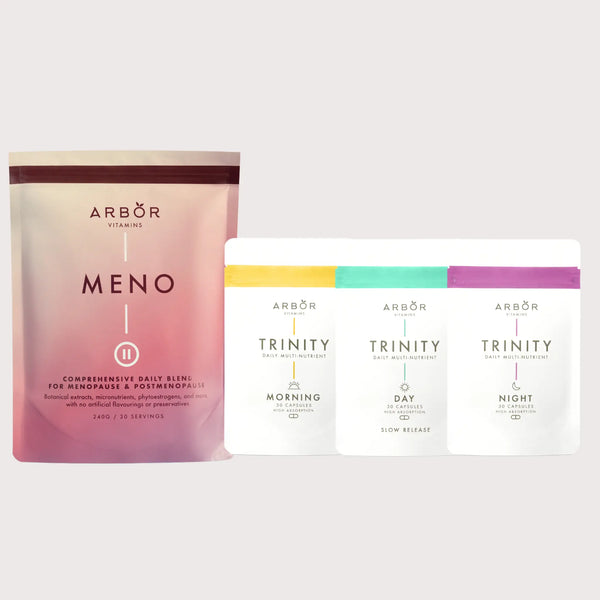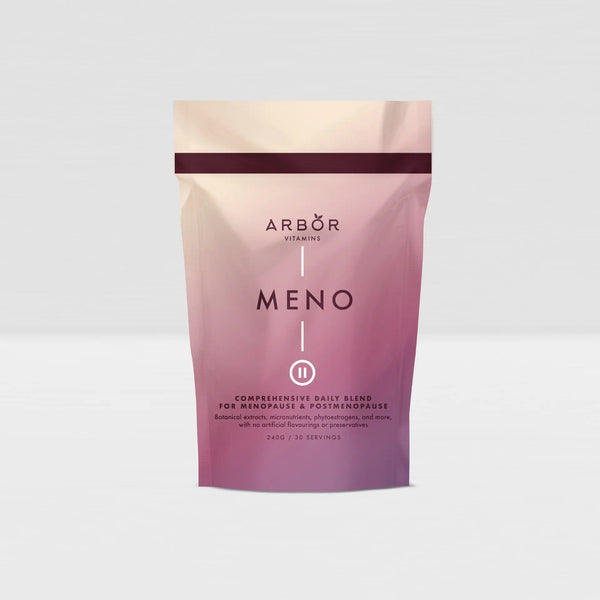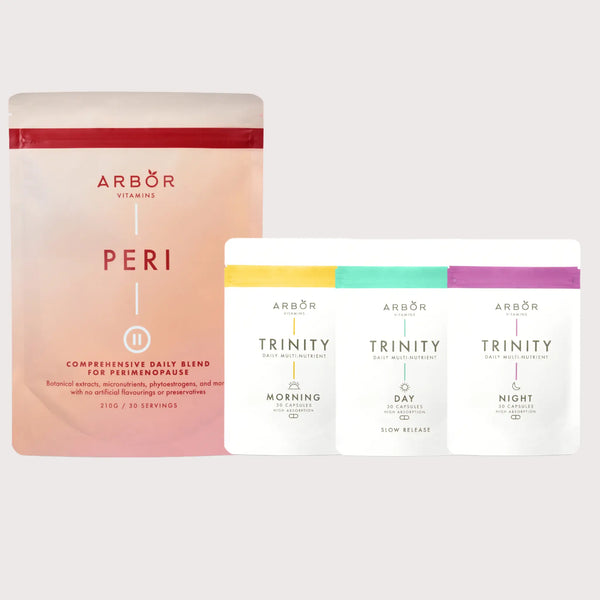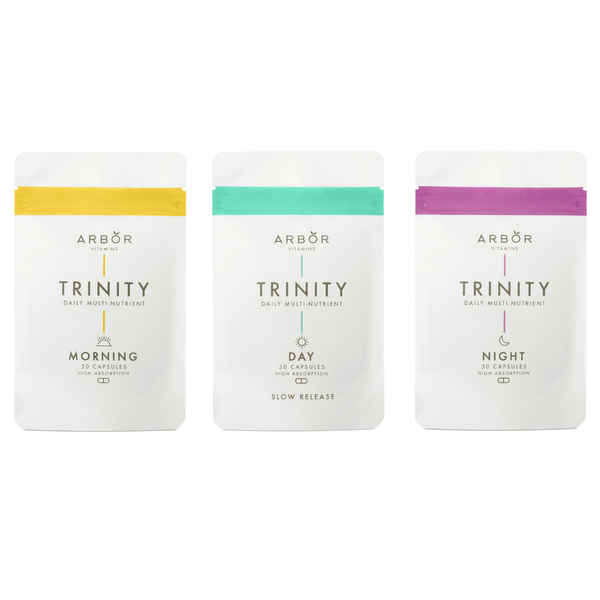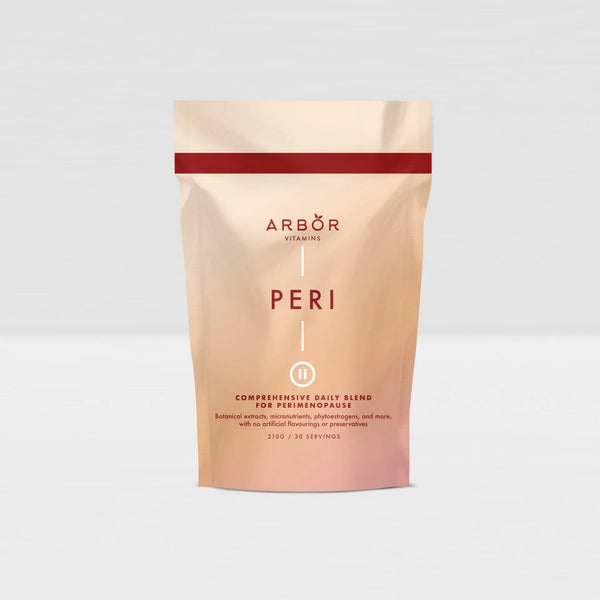Top 10 Foods Rich in Vitamin C
Top 10 Foods Rich in Vitamin C, or ascorbic acid, is often associated with immune support and citrus fruits. But the story of this water-soluble vitamin goes far beyond common knowledge, especially given its essential role in various physiological processes.
The Integral Role of Vitamin C in Cellular Processes
Vitamin C plays a central role in a many cellular processes. Its properties as an antioxidant enable it to neutralise free radicals, which can be detrimental to cells and are implicated in the ageing process and various diseases. Furthermore, ascorbic acid is vital for the synthesis of collagen, a foundational protein in connective tissues, skin, and bones. Its role doesn't stop here; vitamin C also aids in the absorption of non-heme iron from plant-based sources, improving iron uptake in the gut. This is particularly essential for vegetarians and vegans.
Related: Trinity Nutrition
Top 10 Foods High in Vitamin C
When considering the top sources of vitamin C, fruits like oranges and lemons might immediately come to mind. However, several foods have even higher concentrations of this essential vitamin. Here's a list based on concentration:
1. Kakadu Plums
Native to Australia, these plums contain up to 100 times more vitamin C than an orange, with concentrations reaching up to 5,000 mg per 100g. However, they're not readily available everywhere.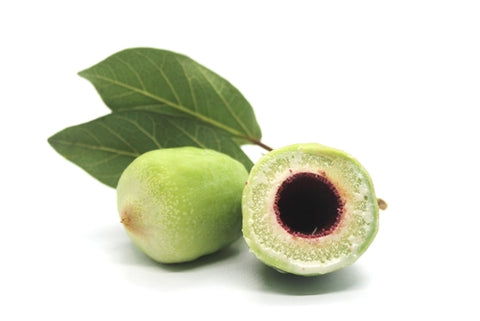
2. Acerola Cherries:
A close competitor, with 1,678 mg of vitamin C per 100g. These cherries are also a rich source of other antioxidants.
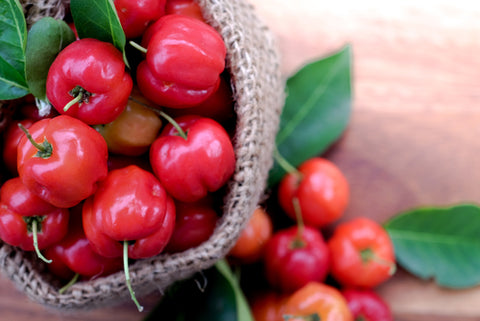
3. Rose Hips
The fruit of the rose plant, these contain 426 mg of vitamin C per 100g. They're often consumed in teas and jams.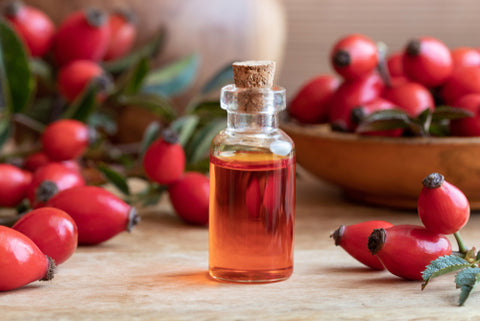
4. Guava
A tropical fruit with 228 mg of vitamin C per 100g. Guavas also provide dietary fibre, vitamin A, and folic acid.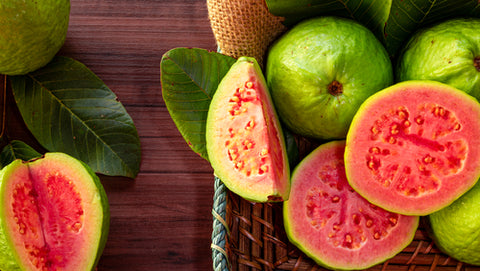
5. Blackcurrants
These berries offer 181 mg of vitamin C per 100g, alongside other phytonutrients and vitamin B5.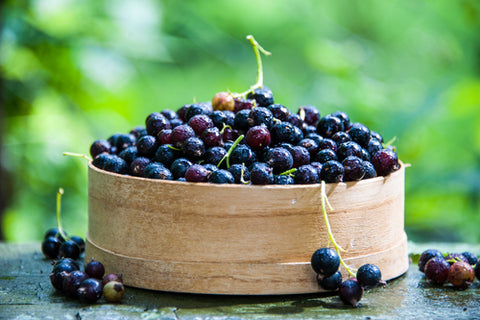
6. Red Pepper
Surprisingly high in vitamin C, with 128 mg per 100g. Cooking can reduce the vitamin content, so they're best eaten raw.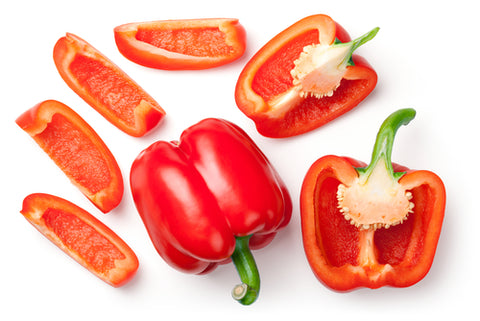
7. Kiwi
Not just a delicious fruit, kiwis provide 92.7 mg of vitamin C per 100g. They also contain several other vital nutrients, including vitamin K, vitamin E, and potassium.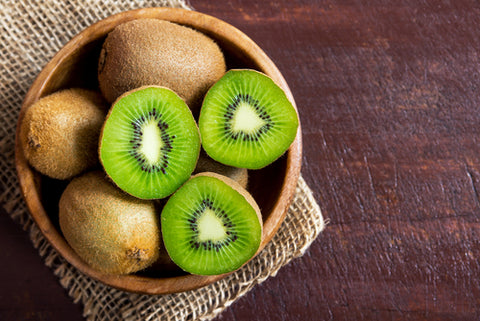
8. Strawberries
A popular fruit worldwide, strawberries deliver 59 mg of vitamin C per 100g, along with antioxidants, manganese, and folate.
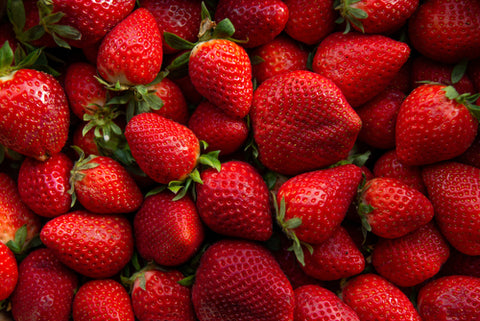
9. Oranges
The most well-known source, oranges contain around 53.2 mg of vitamin C per 100g.
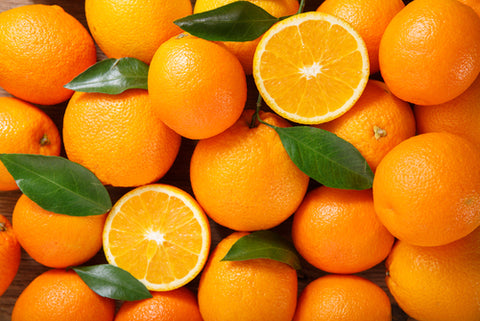
10. Papayas
This tropical fruit provides 60 mg of vitamin C per 100g and is also a rich source of vitamin A.
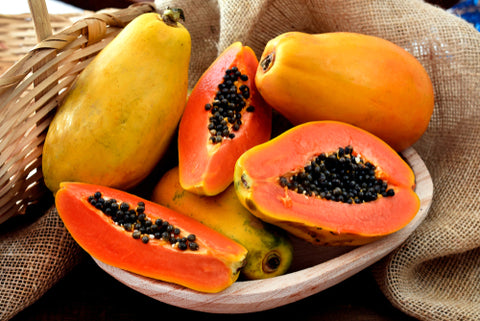
Synthesising the Importance of Vitamin C
While vitamin C's significance in health and disease has been well-established, the continuous research into its effects on reducing oxidative stress, improving immune responses, and aiding neurotransmitter synthesis only reaffirms its importance.
Therefore, including a diverse range of vitamin C-rich foods in the diet is paramount. While fruits like oranges are more accessible and well-known, incorporating a variety of sources ensures not just a consistent vitamin C intake, but also an influx of other beneficial nutrients and fibre.
Conclusion
Vitamin C's role in numerous biochemical pathways underscores the importance of its adequate daily intake. Given the body's inability to produce it, a dietary source becomes indispensable. Recognising the richest sources can aid in dietary planning and ensure that the many benefits of vitamin C are harnessed effectively.


